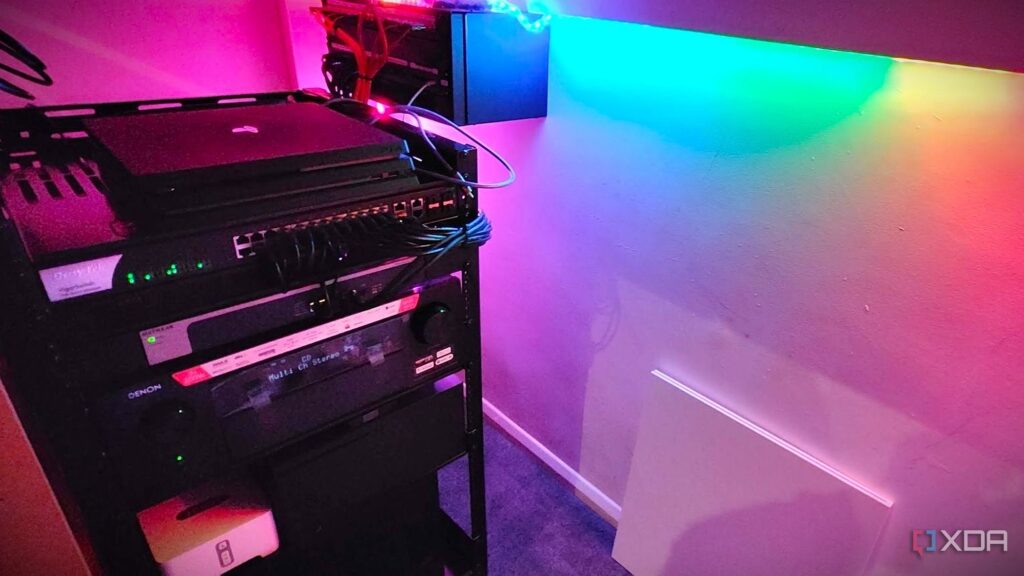
URGENT UPDATE: Internet users across the United States are facing significant challenges with Carrier Grade Network Address Translation (CGNAT), which is blocking the ability to forward ports. This issue affects gamers, streamers, and anyone looking to self-host services online. The problem is escalating, prompting immediate calls for solutions.
Many residential customers are unaware that their ISPs are implementing CGNAT, which complicates port forwarding by placing multiple routers on a single public IP address. This configuration makes it nearly impossible to set up necessary connections for multiplayer gaming or self-hosting applications. Current estimates suggest that a majority of US residential ISPs have adopted this practice, leaving users frustrated and powerless.
What is CGNAT? This technology breaks the traditional 1:1 mapping of IP addresses, creating a double NAT scenario that complicates port forwarding. With CGNAT, users cannot effectively configure their devices for peer-to-peer networking, which is essential for many popular online activities.
To mitigate these issues, experts recommend several approaches. For those unable to secure a static public IP address—often available only through expensive business plans—using the Port Control Protocol (PCP) outlined in RFC 6887 can provide some relief. PCP allows ISPs to manage incoming ports more effectively, although this is not universally applied and often depends on the specific ports in question.
For users seeking alternatives, the use of Virtual Private Servers (VPS) as a relay can be a viable option. However, this solution also requires careful consideration of port availability and ISP restrictions.
One of the most promising solutions involves utilizing NAT traversal technologies. These methods allow for encrypted point-to-point connections without the need for traditional port forwarding. Tools such as NetBird, ZeroTier, Tailscale, and Pangolin utilize packet-sending techniques that can bypass the restrictions put in place by CGNAT.
These services send packets from the private network, prompting the firewall to allow incoming packets that match the outgoing requests. Innovative techniques like STUN servers can further facilitate these connections, providing additional layers of functionality for users stuck in CGNAT limbo.
Why this matters NOW: As millions rely on internet connectivity for work, gaming, and communication, resolving these challenges is critical. The continued reliance on IPv4 with NAT and CGNAT highlights the pressing need for widespread adoption of IPv6, which would eliminate many of these issues altogether.
For users currently experiencing connectivity issues, immediate action is recommended. Explore the various NAT traversal solutions available and consider discussing options with your ISP.
Stay tuned for more updates as this situation develops and new solutions emerge. Your connectivity depends on it!






